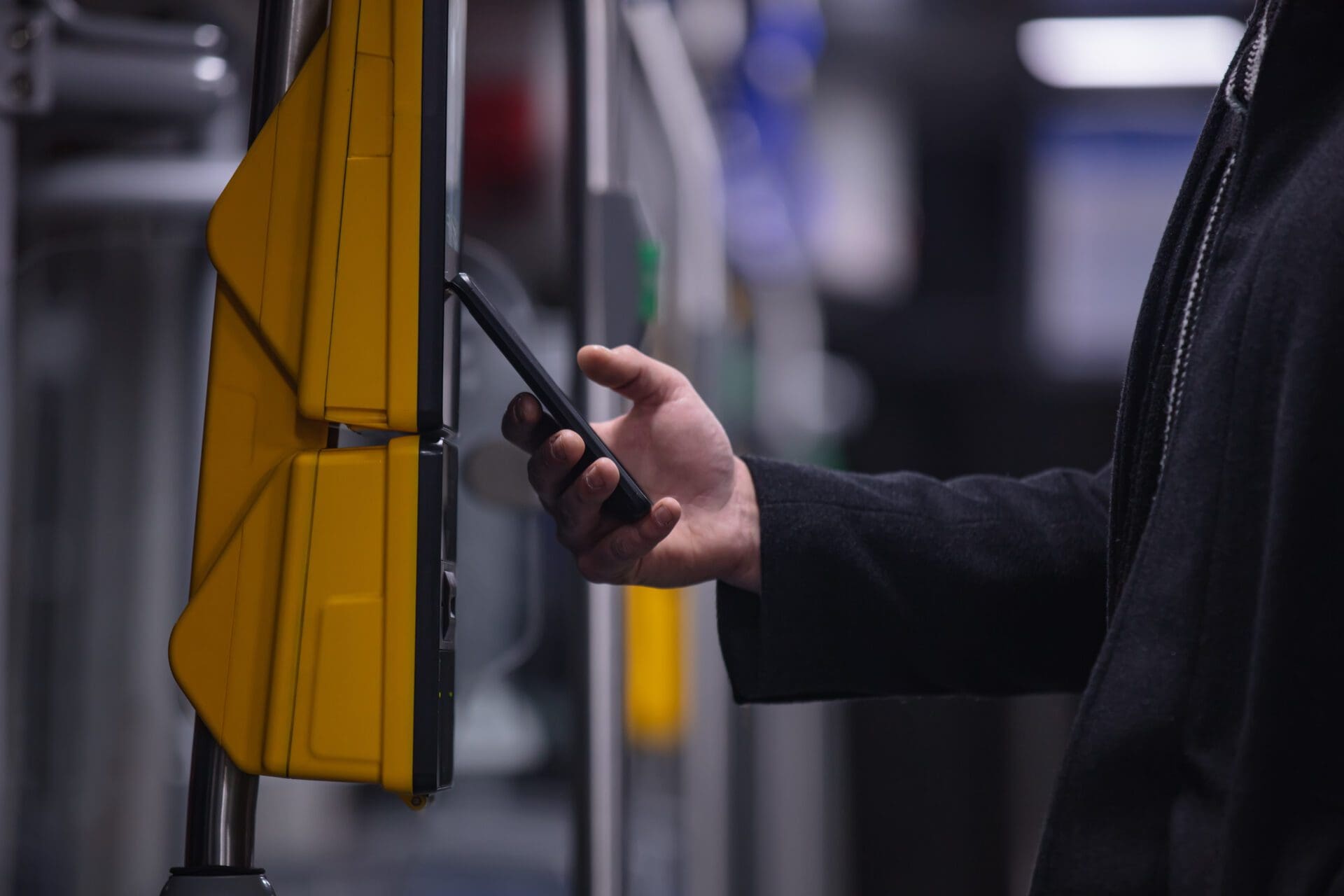The latest in a string of European public transportation measures aimed at counteracting rising fuel costs has started in Spain, with a programme that allows free travel on suburban and middle-distance trains.
How It Works
After a three-month experiment with €9 (3,600 HUF) tickets for a month’s worth of unlimited use on local and regional public transportation networks, German rail tariffs went back to normal on Thursday. While Spain’s scheme, which will remain in effect until 31 December, is primarily intended to help commuters cope with inflation, but is advantageous to tourists, too, as was the case in Germany.
A rail pass can be purchased at train stations or through the country’s rail network, Renfe’s application. A QR code on the application is proof of purchase of a ticket. After choosing a destination, a deposit of €10 for suburban lines and €20 for middle-distance trips must be paid. If the ticket holder has made at least 16 trips to the designated location during the year, the deposit will be returned. The ticket is valid for travel to any location in the same zone as the destination specified. For instance, free travel is available within a 50-kilometre radius of Madrid or Barcelona.
The Benefits
Visitors to Spain can register using their passport number, and there are several advantages for those who use a city as a hub to explore the surrounding countryside. For instance, a round-trip ticket from Madrid to Toledo will run you €27.80 and to nearby Aranjuez, €12.50. On only these two visits, there is a save of €40.30, even after forfeiting the €10 deposit. Commuters, however, are the true winners. Santiago Munoz, who commutes from Barcelona to Sitges, told The Guardian that by the end of the year, he will have saved $300 on his trips.
Additionally, through 31 December, Barcelona metro fares have been lowered by up to 50 per cent. The cost of a 10-trip, flexible bus and metro ticket that covers the majority of the city is €7.95. The government has stated that it will reduce the VAT on petrol bills from 21 per cent to 5 per cent, at least until the end of the year, in an effort to lessen the impact of rising prices.
Broader Results
By encouraging people to use public transportation instead of their automobiles, the German programme has been credited with preventing the release of around 1.8 million tonnes of CO2.
Volker Wissing, Germany’s transport minister, has stated that he hopes to introduce a replacement for the €9 fare. ‘We are aware that we have generated a level of passion for public transportation in Germany that has possibly never existed before,’ he remarked. In fact, 52 million tickets were sold between 1 June and 31 August, with a fifth of them purchased by people who said they had never taken public transportation before. The new type of ticket garnered significantly more media attention than the subsidies on fuel, which were also discontinued on Wednesday. People appreciated the ticket’s simplicity, which cut through a maze of intricate tariffs that vary by location, as well as its low price. Overcrowding and the fact that the ticket did little to help people in rural regions, who are significantly less well served by public transportation, were criticized by opponents.
Hungary Did Not Follow Suit
When Germany first announced their plans for the summer, there was talk about the introduction of a similar scheme in Hungary, but only in the capital city. The idea was to offer monthly tickets that would cost around 3,500 HUF (about a third of what the current monthly ticket costs). The new type of tickets would have been available throughout the summer, allowing commuters to cut back on their travel spending while also serving as an incentive to those who only travel by car to switch to public transport. The plan never materialised.






